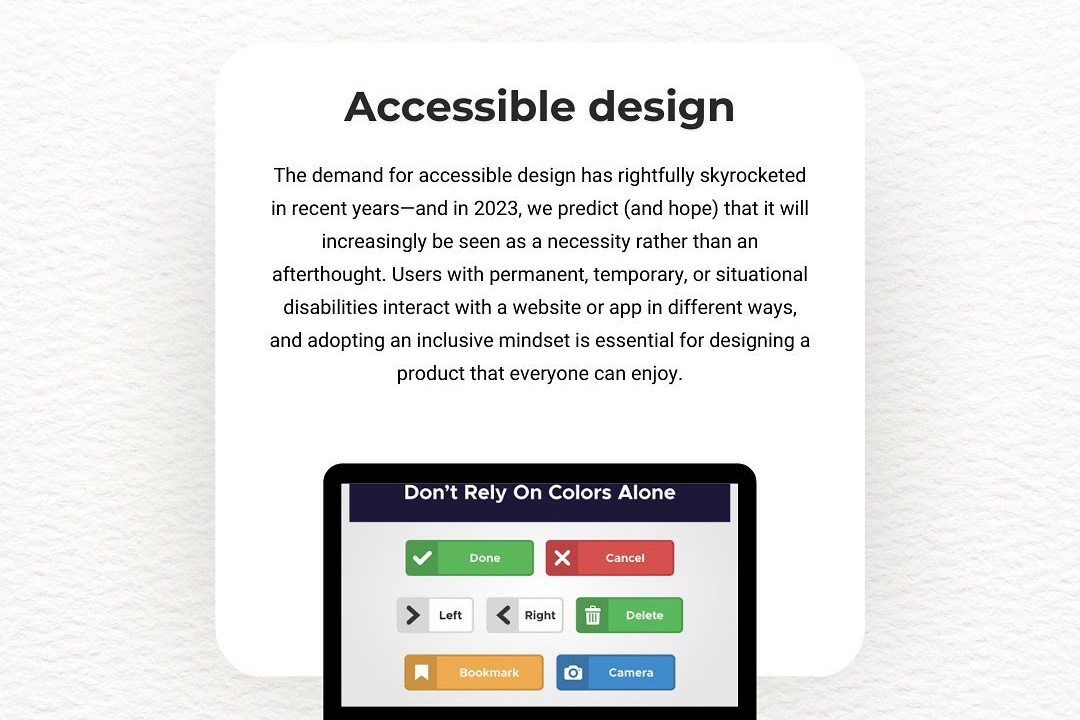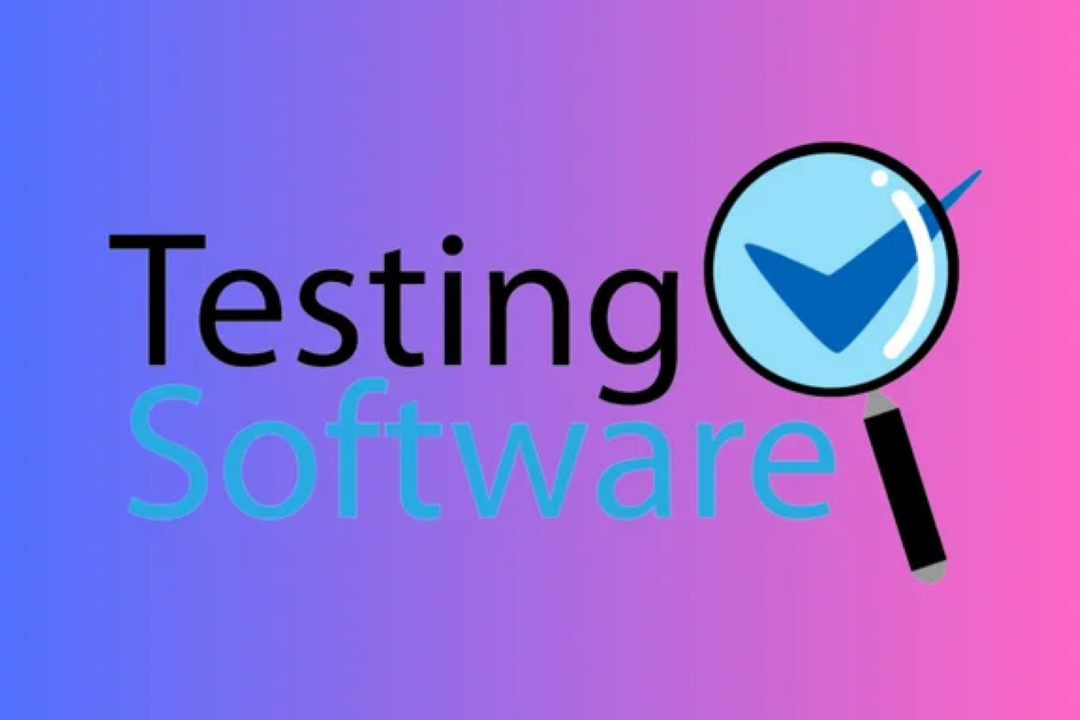Istqb Manual Testing Interview Questions And Answers
ISTQB manual testing interview questions and answers serve as a crucial resource for candidates prep
Istqb Manual Testing Interview Questions And Answers
ISTQB manual testing interview questions and answers are essential for aspiring software testers as they provide a comprehensive foundation in testing principles and methodologies recognized globally. These questions address key concepts such as testing strategies, techniques, and best practices, allowing candidates to showcase their knowledge and problem-solving abilities during interviews. By preparing for these questions, candidates not only gain insight into the expectations of potential employers but also increase their confidence in discussing testing scenarios, making them more attractive candidates in the competitive job market for quality assurance roles.
To Download Our Brochure: https://www.justacademy.co/download-brochure-for-free
Message us for more information: +91 9987184296
ISTQB manual testing interview questions and answers are essential for aspiring software testers as they provide a comprehensive foundation in testing principles and methodologies recognized globally. These questions address key concepts such as testing strategies, techniques, and best practices, allowing candidates to showcase their knowledge and problem solving abilities during interviews. By preparing for these questions, candidates not only gain insight into the expectations of potential employers but also increase their confidence in discussing testing scenarios, making them more attractive candidates in the competitive job market for quality assurance roles.
Course Overview
The “ISTQB Manual Testing Interview Questions and Answers” course is designed to equip aspiring software testers with the essential knowledge and skills needed to excel in job interviews within the quality assurance domain. This course covers a comprehensive range of topics, including fundamentals of software testing, various testing techniques, and effective strategies for answering common interview questions. Participants will engage with real-world scenarios and practical examples, enhancing their understanding of testing concepts as outlined by the International Software Testing Qualifications Board (ISTQB). By the end of the course, learners will be well-prepared to confidently tackle interview questions, articulate their testing knowledge, and demonstrate their problem-solving abilities, ultimately increasing their chances of securing a desired role in the fast-evolving field of software testing.
Course Description
The “ISTQB Manual Testing Interview Questions and Answers” course provides aspiring software testers with a robust framework to prepare for job interviews in the quality assurance field. This course delves into key concepts outlined by the International Software Testing Qualifications Board (ISTQB), including testing principles, methodologies, and best practices, while offering an extensive collection of commonly asked interview questions and expert responses. Participants will engage in interactive discussions and real-world scenarios to enhance their critical thinking and problem-solving skills, enabling them to confidently articulate their testing knowledge and experiences. By the completion of this course, learners will be equipped with the tools and strategies necessary to succeed in interviews and advance their careers in software testing.
Key Features
1 - Comprehensive Tool Coverage: Provides hands-on training with a range of industry-standard testing tools, including Selenium, JIRA, LoadRunner, and TestRail.
2) Practical Exercises: Features real-world exercises and case studies to apply tools in various testing scenarios.
3) Interactive Learning: Includes interactive sessions with industry experts for personalized feedback and guidance.
4) Detailed Tutorials: Offers extensive tutorials and documentation on tool functionalities and best practices.
5) Advanced Techniques: Covers both fundamental and advanced techniques for using testing tools effectively.
6) Data Visualization: Integrates tools for visualizing test metrics and results, enhancing data interpretation and decision-making.
7) Tool Integration: Teaches how to integrate testing tools into the software development lifecycle for streamlined workflows.
8) Project-Based Learning: Focuses on project-based learning to build practical skills and create a portfolio of completed tasks.
9) Career Support: Provides resources and support for applying learned skills to real-world job scenarios, including resume building and interview preparation.
10) Up-to-Date Content: Ensures that course materials reflect the latest industry standards and tool updates.
Benefits of taking our course
Functional Tools
1 - JUnit: JUnit is a widely used testing framework for Java applications. It allows testers to write and run repeatable tests easily, facilitating the implementation of unit testing and integration testing. Students will learn how to create test cases, use assertions, and manage test executions efficiently using JUnit. Its compatibility with continuous integration tools enhances the testing cycle, making it a crucial tool in the testing landscape.
2) Selenium: Selenium is an open source tool designed for automating web applications. It supports various programming languages such as Java, Python, and C#. In our training program, students will gain hands on experience with Selenium, learning how to write test scripts, handle web elements, and execute tests across different browsers. Mastering Selenium can significantly improve the efficiency of manual testing processes through automation.
3) Bugzilla: Bugzilla is a robust bug tracking tool widely used in software development environments. It provides comprehensive features for reporting bugs, tracking progress, and managing project workflows. Participants will be trained on how to create and manage bug reports, set priorities, and communicate effectively with development teams using Bugzilla, ensuring a seamless bug resolution process.
4) Postman: Postman is a powerful tool for API testing. It allows students to design, execute, and automate API requests, verifying responses against expected outcomes. This training will cover how to structure requests, test RESTful APIs, and handle authentication. Mastering Postman will benefit manual testers by providing them with the skills to evaluate backend services effectively.
5) JIRA: JIRA is a project management tool commonly used for issue tracking and agile project management. Students will learn how to navigate JIRA's interface, create and manage user stories, and track testing progress. Understanding JIRA enhances collaboration among team members, allowing for better project visibility, agile workflow management, and streamlined communication.
6) TestRail: TestRail is a web based test management tool designed to help manage test cases and track test results. In the training program, students will explore how to create test plans, execute test cases, and generate reports. Proficiency in TestRail equips participants with the skills to maintain organized testing documentation, thus facilitating clearer communication and better testing outcomes.
By utilizing these essential tools in the ISTQB Manual Testing Interview Questions and Answers course, students will not only prepare to ace interviews but also lay a solid foundation for real world testing scenarios. Each tool is integral to the testing process, enabling participants to contribute effectively in various testing environments. The hands on approach ensures that learners gain practical experience, making them valuable assets in the software testing field.
Here are additional tools and concepts that can enhance the learning experience in the ISTQB Manual Testing Interview Questions and Answers course, along with their significance:
7) SoapUI: SoapUI is another popular tool for API testing, primarily focusing on SOAP and REST services. Students will learn how to create functional and security tests for APIs, helping them understand how to validate web services. Familiarity with SoapUI enables testers to perform thorough API testing, ensuring robust backend functionality.
8) ReadyAPI: An extension of SoapUI, ReadyAPI provides advanced API test automation capabilities. Participants will explore features such as data driven testing and performance testing, giving them a comprehensive understanding of how to validate APIs under various conditions. Mastering ReadyAPI enhances the capability to conduct complex testing scenarios efficiently.
9) QTP/UFT (QuickTest Professional/Unified Functional Testing): QTP, now known as UFT, is a widely recognized tool for functional and regression testing of applications. Participants will discover how to use UFT to automate UI tests, record actions, and create reusable test scripts. The hands on experience will refine their skills in functional testing and increase their marketability in automation roles.
10) LoadRunner: This performance testing tool is essential for assessing system behavior and performance under load. Students will learn to design load tests, analyze performance metrics, and identify bottlenecks. Proficiency in LoadRunner is crucial for ensuring applications can handle expected user traffic and perform optimally under stress.
11 - Cucumber: Cucumber is a testing tool that supports Behavior Driven Development (BDD). Participants will learn how to write executable specifications in plain language, facilitating collaboration between technical and non technical stakeholders. Understanding Cucumber allows testers to create more intuitive test scenarios, bridging the gap between users and developers.
12) HP ALM (Application Lifecycle Management): This tool is pivotal for managing the entire testing lifecycle, from requirements gathering to defect tracking. Students will gain insights into managing testing workflows, reporting, and dashboards within HP ALM, thereby acquiring organizational and project management skills essential for successful testing processes.
13) Rational Functional Tester (RFT): RFT is a functional testing tool from IBM that provides automation capabilities across various applications. Participants will explore how to develop automated test scripts using RFT, improving efficiency and accuracy in regression testing.
14) TestNG: TestNG is a testing framework inspired by JUnit and NUnit, providing a range of features tailored for test configuration. Students will learn about annotations, parallel testing, and data driven testing methods within TestNG, enhancing their understanding of structured testing practices.
15) Version Control Systems (e.g., Git): Familiarity with version control systems is vital for collaboration in development and testing environments. In our course, students will learn how to manage test scripts using Git, enabling efficient collaboration and code management among team members.
16) Agile Testing Methodologies: Understanding Agile testing principles is crucial, as many organizations adopt Agile practices for software development. Students will explore various Agile methodologies such as Scrum and Kanban, learning how to adapt testing strategies in fast paced, iterative development cycles.
17) Test Case Design Techniques: Learning different test case design techniques, such as boundary value analysis, equivalence partitioning, and decision table testing, will equip students with essential skills for developing effective test cases. Mastery of these techniques helps ensure comprehensive test coverage and improves defect identification.
18) Manual Testing Best Practices: Participants will explore industry best practices for manual testing, including proper documentation, test plan creation, and managing test environments. Applying these practices will enhance the overall quality and effectiveness of the testing process.
By incorporating these additional tools and concepts into the ISTQB Manual Testing Interview Questions and Answers course, JustAcademy provides a comprehensive learning experience. Participants will emerge as skilled manual testers, equipped with the knowledge and practical experience necessary to succeed in their career paths. Each tool and concept not only prepares students for their interviews but also ensures they are industry ready professionals capable of contributing effectively to their teams.
Browse our course links : https://www.justacademy.co/all-courses
To Join our FREE DEMO Session:
This information is sourced from JustAcademy
Contact Info:
Roshan Chaturvedi
Message us on Whatsapp: +91 9987184296
Email id: info@justacademy.co
Dart Programming Language Stands For












